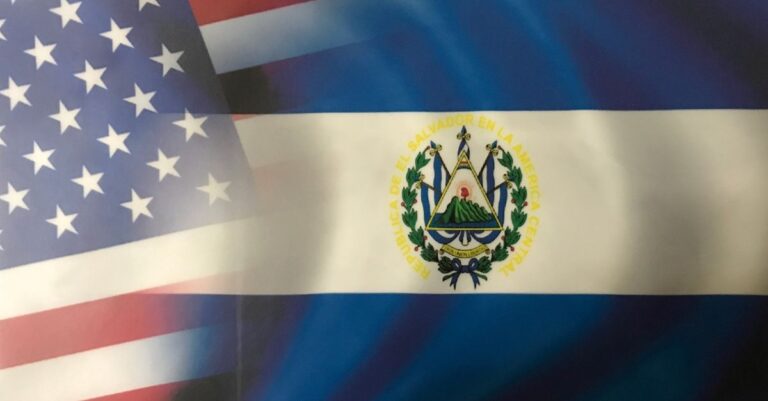When I was a kid, I asked my dad why he came to the United States from El Salvador. He told me that coming to the United States was about survival. Before he left El Salvador, the Salvadoran Civil War was raging across the country. Nobody was safe. Boys were being kidnapped to serve or being killed so they wouldn’t be able to join the opposite side. Every day he spent there was a roll of the dice whether he’d live or die. The first time he headed to the United States, he was caught by Mexican state police, where he was beaten, tortured, and then dropped across the Salvadoran border. He made it on a second attempt with all the legal paperwork necessary. Unfortunately, those papers were stolen from him as soon as he landed and he became an undocumented immigrant in the United States. (He’s now a citizen, but that’s a tale for a different time.)
I heard those stories countless times as a kid, and I couldn’t believe he went through so much. “Why didn’t you just try to make the most of it in El Salvador?” I asked him. He’d respond with the following questions, “Son, do you think I ever wanted to leave my family, friends, and home country for a strange land? Do you think I wanted to come to a place and start at the bottom after I had already worked my way up? Do you think I wanted to work 12-14 hour days in the blistering heat of a kitchen when I could have been pursuing my passion of veterinary medicine in El Salvador?”
I knew he didn’t want to leave. If he stayed, he may not have survived. Many of his now deceased friends provide him a glimpse of what would have happened to him had he made a different decision.
That’s the decision that many people have to make before they leave their home countries. It’s not about wanting a nicer house, a nicer car, or even better schools. For many families, it’s simply about survival.
This is the reality that gets lost when people talk about immigration. If you’re given a choice between drowning in a lake and swimming to shore, you’d head to shore without a second thought. This decision was even clearer when it meant you could save your kids from drowning too. That’s the type of decision that people have had to make time and time again before immigrating to the United States.
As I got older, I got the chance to study the Salvadoran Civil War and Latin American politics as a whole. What I learned was startling. The United States was constantly finding its way into countries throughout Latin America for a variety of reasons: the battle against the spread of Communism, the promotion of democracy and freedom, and the protection of economic interest. The United States would send in troops, money, and advisers into these countries and then leave countries to pick up the pieces.
Unfortunately, the poorest souls of these countries were the ones who suffered most. You can look back at how the Salvadoran Civil War started and find American involvement at the heart of it.
That’s one of the things that frustrates me the most when it comes to arguments against undocumented immigrants. Many of the reasons that caused them to leave their home countries can actually be directly linked to historical American involvement. Many stores have a “You break it, you bought it” policy. If only this existed for American involvement in other countries’ affairs.
If that was the case, continuing or ending DACA wouldn’t even be a topic of discussion. This country would have a comprehensive and just immigration policy. It would address the millions of undocumented immigrants who have been upstanding members of society during their time here. It would also address influxes of immigration that can be directly linked to previous American involvement.
If this administration does follow through with ending DACA, my only hope is that legislators can start to see the people and the stories behind these policies. I can guarantee that any one of them would have made the same decision my father did all those years ago.
Next week, I’ll go more in depth into DACA and the injustice behind punishing children for their parents’ decisions.



